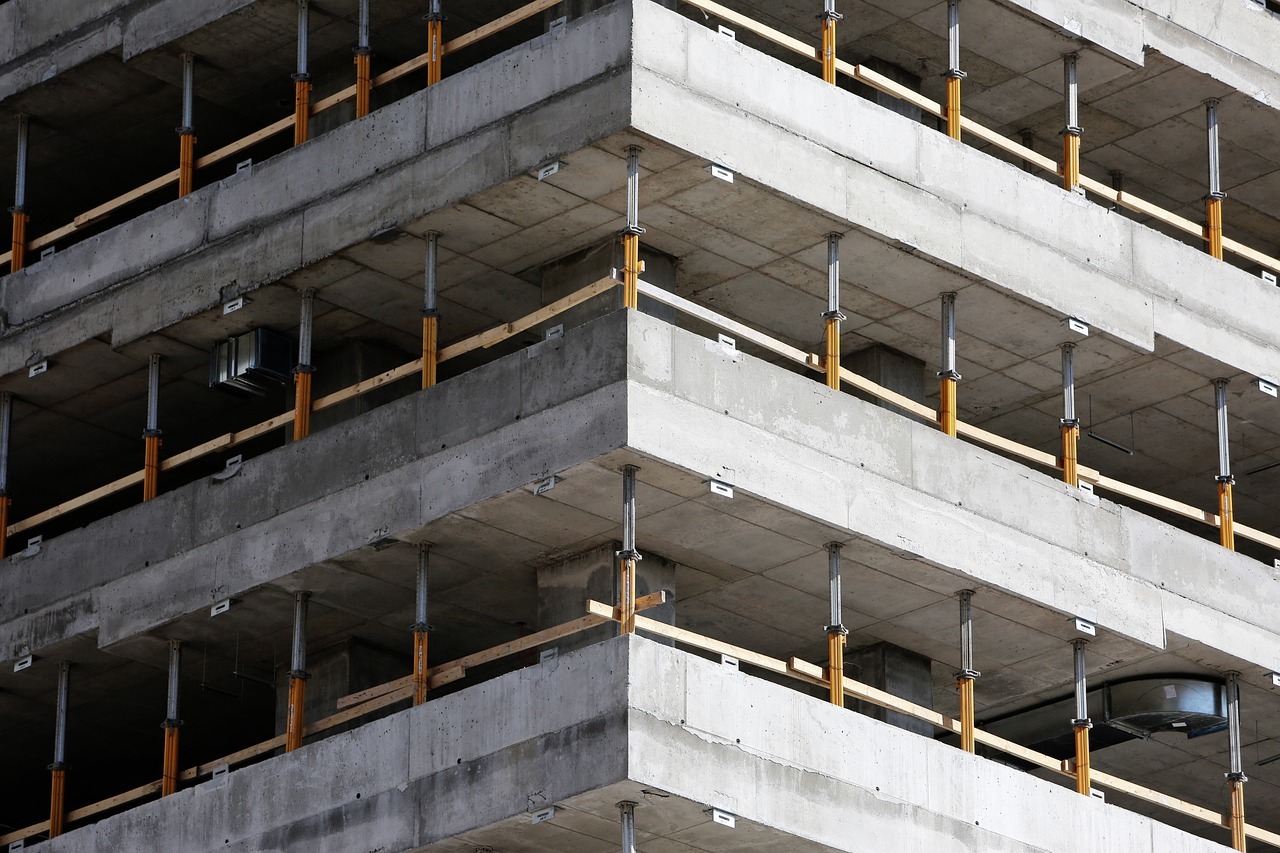Concrete is the cornerstone of modern construction, providing the foundation for buildings, bridges, and infrastructure projects worldwide. In an ever-evolving industry, the demand for enhanced concrete solutions continues to rise. Concrete contractors are at the forefront of this movement, employing innovative strategies to master concrete enhancement and drive the industry forward.
Understanding Concrete Enhancement
Concrete enhancement encompasses a range of techniques and methodologies aimed at improving the performance, durability, and sustainability of concrete. From enhancing strength and durability to reducing permeability and environmental impact, enhanced concrete offers a multitude of benefits in construction projects. Concrete contractors play a pivotal role in understanding the nuances of concrete enhancement, ensuring that projects meet and exceed performance expectations.
Innovations in Concrete Enhancement
Advancements in materials science and engineering have led to the development of innovative solutions for concrete enhancement. Advanced admixtures and additives are used to modify the properties of concrete, enhancing workability, strength, and durability. High-performance concrete (HPC) technologies push the boundaries of conventional concrete, offering superior performance in challenging environments. Sustainable approaches to concrete enhancement focus on reducing carbon footprint and promoting eco-friendly construction practices. By leveraging these innovations, concrete contractors can deliver enhanced concrete solutions that meet the demands of modern construction projects.
Techniques for Mastering Concrete Enhancement
Mastering concrete enhancement requires precision, expertise, and attention to detail. Concrete contractors employ a variety of techniques to ensure the optimal performance of enhanced concrete. Precise mix design and proportioning are essential for achieving the desired properties of concrete, taking into account factors such as strength requirements, environmental conditions, and project specifications. Proper curing methods play a crucial role in enhancing concrete strength and durability, preventing cracking and ensuring long-term performance. Quality control and testing procedures are implemented throughout the construction process to monitor the consistency and quality of concrete, identifying any potential issues before they escalate.
Applications and Case Studies
The applications of enhanced concrete are vast and diverse, spanning across various sectors of the construction industry. In structural projects, such as bridges, skyscrapers, and dams, enhanced concrete offers unmatched strength, durability, and resilience. Residential construction benefits from enhanced concrete solutions, providing homeowners with durable and energy-efficient homes that stand the test of time. Infrastructure development projects, including roads, airports, and railways, rely on enhanced concrete to withstand heavy traffic, extreme weather conditions, and environmental factors. Through real-world case studies, concrete contractors demonstrate the effectiveness of enhanced concrete in delivering superior performance and longevity in construction projects of all scales.
Challenges and Considerations
While concrete enhancement offers numerous benefits, it also presents challenges and considerations that must be addressed by concrete contractors. Environmental factors and sustainability are increasingly important considerations in construction projects, driving the demand for eco-friendly concrete solutions. Concrete contractors must navigate the complexities of sustainability standards and regulations while striving to minimize the environmental impact of concrete enhancement practices.
Integration with existing infrastructure and construction methods presents another challenge in concrete enhancement projects. Retrofitting existing structures with enhanced concrete solutions requires careful planning and execution to ensure compatibility and structural integrity. Concrete contractors must collaborate closely with engineers, architects, and project stakeholders to seamlessly integrate enhanced concrete into ongoing construction projects.
Future Trends and Emerging Technologies
The future of concrete enhancement is shaped by emerging technologies and innovative trends that push the boundaries of conventional construction practices. Nanotechnology holds promise for revolutionizing concrete enhancement with the development of self-healing concrete materials. By incorporating nanoparticles into concrete mixtures, researchers aim to create materials that can repair cracks and damage autonomously, extending the lifespan of concrete structures and reducing maintenance costs.
3D printing and robotic construction methods are transforming the way concrete structures are built, offering unparalleled precision, efficiency, and customization. By layering concrete in precise patterns and shapes, 3D printing technology enables the construction of complex structures with minimal waste and labor. Concrete contractors are exploring the potential of 3D printing for creating customized concrete elements and entire buildings, revolutionizing the construction industry.
Conclusion
Mastering concrete enhancement requires a combination of innovation, expertise, and dedication. Concrete contractors play a vital role in pushing the boundaries of conventional concrete, delivering enhanced solutions that meet the evolving needs of the construction industry. By embracing innovation and adopting sustainable practices, concrete contractors pave the way for a future where enhanced concrete is the standard in construction projects worldwide.
The integration of artificial intelligence (AI) is another emerging trend in concrete enhancement, enabling predictive modeling and optimization of concrete mixtures and construction processes. AI algorithms analyze vast datasets to identify patterns, optimize concrete mix designs, and predict potential issues before they arise. Concrete contractors leverage AI technology to improve efficiency, reduce costs, and enhance the performance of concrete structures, paving the way for smarter, more sustainable construction practices.
